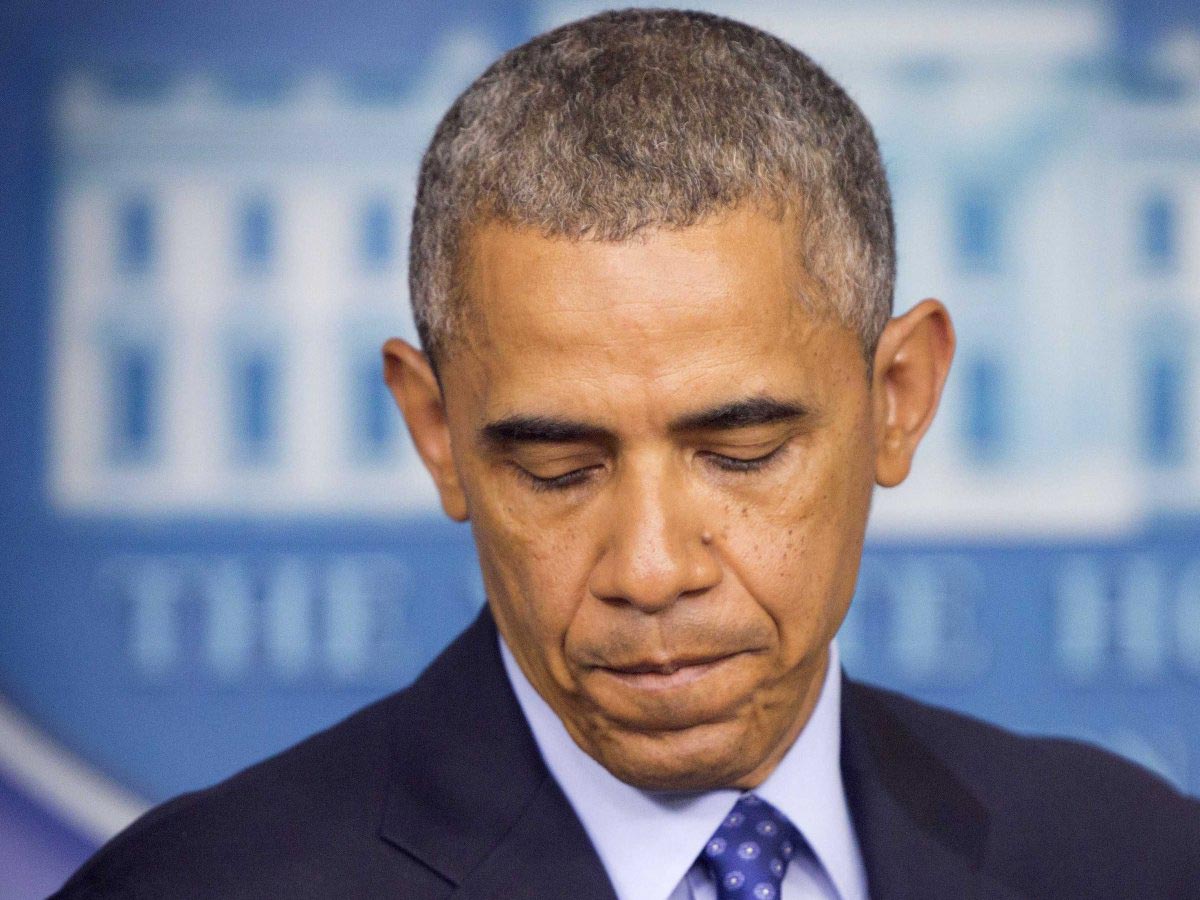Barack Obama has said it is too soon to send an experimental drug used to treat the deadly Ebola virus to West Africa, as experts meet to decide whether the outbreak warrants declaring a global health emergency.
Two US aid workers striken by the virus were administered ZMapp in Liberia ahead of their evacuation to America for treatment. Their condition appears to be improving, but it is unclear if the drug is directly responsible.
ZMapp is a drug made from antibodies produced in a lab that has never gone through human trials or been approved by the US’s FDA Food and Drug Administration. Producing ZMapp is also slow process as antibodies have to be produced on specially modified tobacco leaves.
The World Health Organisation’s (WHO) latest figures show 932 deaths across four countries have been blamed on the illness, with 1,711 reported cases. In Saudi Arabia, a man suspected of contracting Ebola during a recent business trip to Sierra Leone also died early on Wednesday in Jeddah, the Health Ministry announced.
Speaking at a news conference at the end of an African summit, the US President said he lacked enough information to give the green light on distributing the experimental treatment, insisting the world must “let the science guide us”.
“I don’t think all the information is in on whether this drug is helpful,” said Mr Obama.
In pictures: Ebola virus
“The Ebola virus both currently and in the past is controllable if you have a strong public health infrastructure in place.”
He added: “We’re focusing on the public health approach right now, but I will continue to seek information about what we’re learning about these drugs going forward.”
Mr Obama’s remarks came as the WHO convened a two-day meeting in Geneva to determine whether the epidemic constitutes a “Public Health Emergency of International Concern” and to consider steps to help overstretched emergency organisations.







